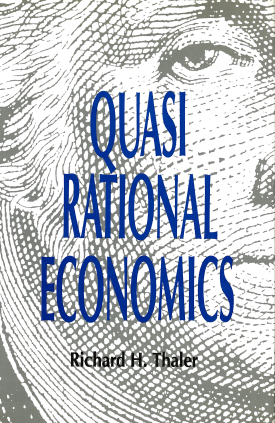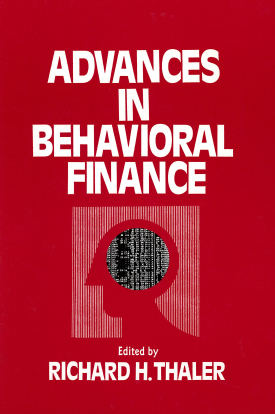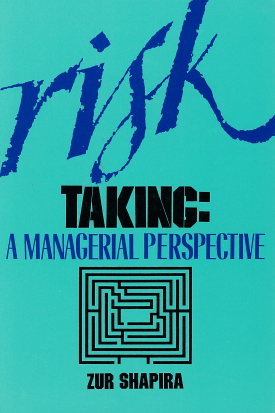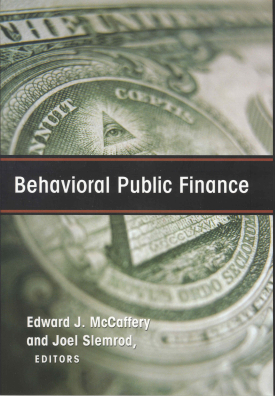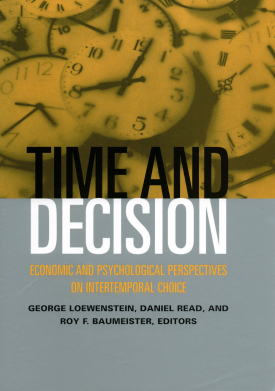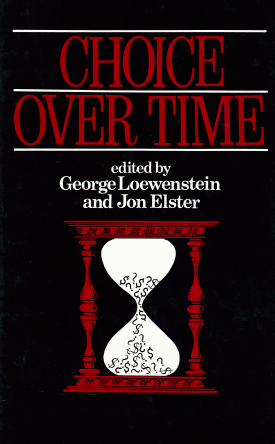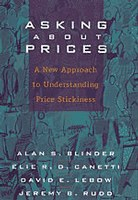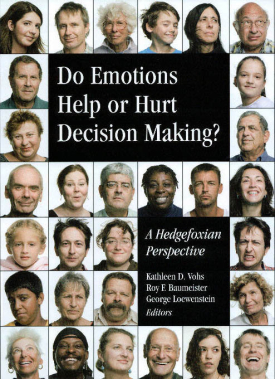
Do Emotions Help or Hurt Decision Making?
About This Book
Philosophers have long tussled over whether moral judgments are the products of logical reasoning or simply emotional reactions. From Jane Austen’s Sense and Sensibility to the debates of modern psychologists, the question of whether feeling or sober rationality is the better guide to decision making has been a source of controversy. In Do Emotions Help or Hurt Decision Making? Kathleen Vohs, Roy Baumeister, and George Loewenstein lead a group of prominent psychologists and economists in exploring the empirical evidence on how emotions shape judgments and choices.
Researchers on emotion and cognition have staked out many extreme positions: viewing emotions as either the driving force behind cognition or its side effect, either an impediment to sound judgment or a guide to wise decisions. The contributors to Do Emotions Help or Hurt Decision Making? provide a richer perspective, exploring the circumstances that shape whether emotions play a harmful or helpful role in decisions. Roy Baumeister, C. Nathan DeWall, and Liqing Zhang show that while an individual’s current emotional state can lead to hasty decisions and self-destructive behavior, anticipating future emotional outcomes can be a helpful guide to making sensible decisions. Eduardo Andrade and Joel Cohen find that a positive mood can negatively affect people’s willingness to act altruistically. Happy people, when made aware of risks associated with altruistic acts, become wary of jeopardizing their own well-being. Benoît Monin, David Pizarro, and Jennifer Beer find that whether emotion or reason matters more in moral evaluation depends on the specific issue in question. Individual characteristics often mediate the effect of emotions on decisions. Catherine Rawn, Nicole Mead, Peter Kerkhof, and Kathleen Vohs find that whether an individual makes a decision based on emotion depends both on the type of decision in question and the individual’s level of self-esteem. And Quinn Kennedy and Mara Mather show that the elderly are better able to regulate their emotions, having learned from experience to anticipate the emotional consequences of their behavior.
Do Emotions Help or Hurt Decision Making? represents a significant advance toward a comprehensive theory of emotions and cognition that accounts for the nuances of the mental processes involved. This landmark book will be a stimulus to scholarly debates as well as an informative guide to everyday decisions.
KATHLEEN D. VOHS is the McKnight Land-Grant Professor and assistant professor in the Carlson School of Management at the University of Minnesota.
ROY F. BAUMEISTER is the Francis Eppes Eminent Scholar and professor of psychology at Florida State University.
GEORGE LOEWENSTEIN is the Herbert A. Simon Professor of Economics and Psychology at Carnegie Mellon University.
CONTRIBUTORS: Christopher J. Anderson, Eduardo B. Andrade, Roy F. Baumeister, Jennifer S. Beer, Joel B. Cohen, C. Nathan DeWall, Matthew T. Gailliot, Karen Gasper, Lorenz Goette, David Huffman, Linda M. Isbell, Quinn Kennedy, Peter Kerkhof, Jonathan Levav, Debra Lieberman, George Loewenstein, Mara Mather, Nicole L. Mead, Benoît Monin, Robert Oum, David A. Pizarro, Catherine D. Rawn, Dianne M. Tice, Jennifer L. Trujillo, Kathleen D. Vohs, Piotr Winkielman, John M. Zelenski, and Liqing Zhang

